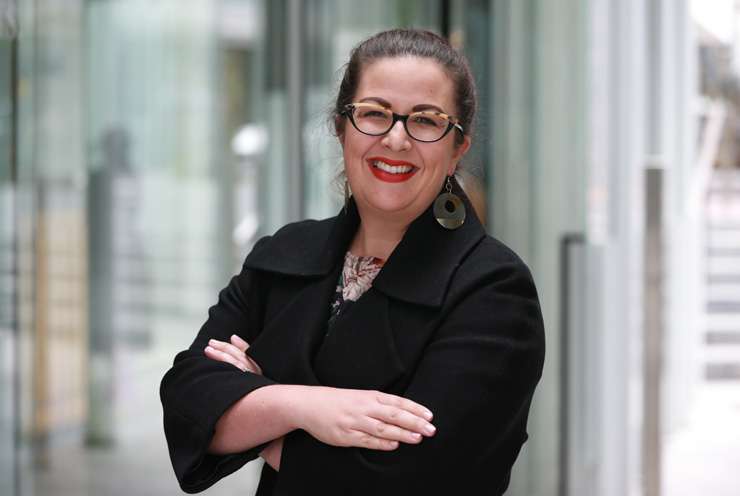If you have been on a post-lockdown spending spree, expect your bank to know about it.
Increased spending since the end of the first Covid-19 lockdown in May has been good for the economy as a whole, but for first home buyers, spending habits can have an impact on how much banks are willing to lend.
Mortgage adviser Rupert Gough says applicants should expect banks to go through their statements line by line.
Start your property search
“The banks will really look at how you’ve managed your money post-lockdown,” he says.
“It’s all part of the banks getting tougher, so good applicants will get a mortgage and people who haven’t controlled their spending will find it a lot more difficult.”
Gough, founder of Mortgage Lab, says banks look at future budgets based on the past three months spending, “so you can’t just turn up and say, ‘Well, I spent a lot of money at the pub but I’m buying as house so I won’t do that anymore.’ It just doesn’t fly.”
One-off purchases, such as a new computer for working at home, should be fine, says Gough, but banks may not be understanding of more “frivolous” spending, such as takeaways, and will also look at whether applicants have signed up for new lending such as car loans and hire purchases.
Other red flags could be the use of buy-now-pay-later platforms, which banks will assume an applicant will continue to use more of in the future and even if the items seem like short-term expenses.
The bottom line is: if you are applying for a mortgage, clean up your act.
“We’re all guilty of having subscriptions to multiple TV providers we only watch one of, so it’s really about getting your expenses in control and being able to clearly show what your expenses next month are,” Gough says. “Banks look at spending line by line. They’re not just skimming over it.”
Cash withdrawals
Applicants who decide to use cash to get around that might get a please explain from the bank about some of their cash withdrawals. “One of the things banks actually look for is cash withdrawals near Sky City. That is a flag they look at,” he says.
Financial adviser and founder of enableMe Hannah McQueen says banks have been inundated with lending requests, meaning long wait times against a backdrop of stretched staff and tighter lending conditions.

EnableMe founder Hannah McQueen: “Poor money habits could count against you.”
“The result of that is it feels like banks are looking for a reason to decline deals, rather than approve deals. That means poor money habits could count against you, especially if it’s a line call as to whether you’ll be approved,” she says.
Banks are also testing lending at much higher interest rates – so while fixed rates are in the two per cent range, banks are testing lending in the six per cent range.
“That makes it even more important that you can demonstrate that you have a reliable financial surplus and could afford to service the debt at a higher interest rate, even if it’s unlikely that you’ll need to in the near term,” McQueen says.
“We find that most people spend carelessly when they don’t have a reason not to, or a plan to work to. Tighter lending restrictions and more economic uncertainty make it imperative that you do.”
Mortgage deferrals
John Bolton, CEO of mortgage company Squirrel, says people applying for a deferral on their mortgage, should think about their spending behaviour because banks will want to know if they have been sensible.
“Now’s not the time to be going and splurging money – but to be honest we’re not really seeing people splurge money. Most people we’re seeing have been pretty good at saving over this period.”
Account conduct and good behaviour is relevant as to whether banks will lend, he says.
“Good behaviour is making sure there’s enough money in your account when payments are going out so you’re not going into un-arranged overdraft; good behaviour is genuine savings, not having too much credit card debt and paying down the debt you do have. Good behaviour is not spending too much money.”
And while getting a mortgage holiday first time round was relatively straightforward, he expects banks to be more “curious and inquisitive” if there are extensions.
“I think banks are looking people’s behaviour a lot more than they have in the past to assess what someone can afford,” he says.
“But something we’ve seen post-lockdown is a much stronger attitude toward saving. The biggest splurge for Kiwis is probably going on an overseas holiday and no one can take one.”












































































